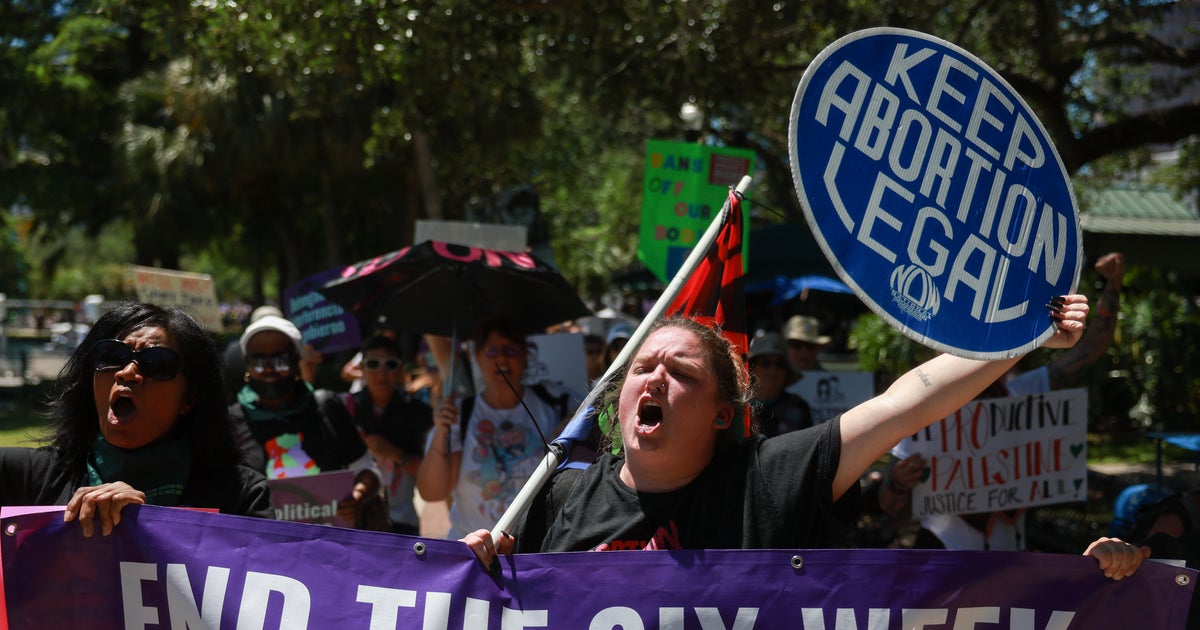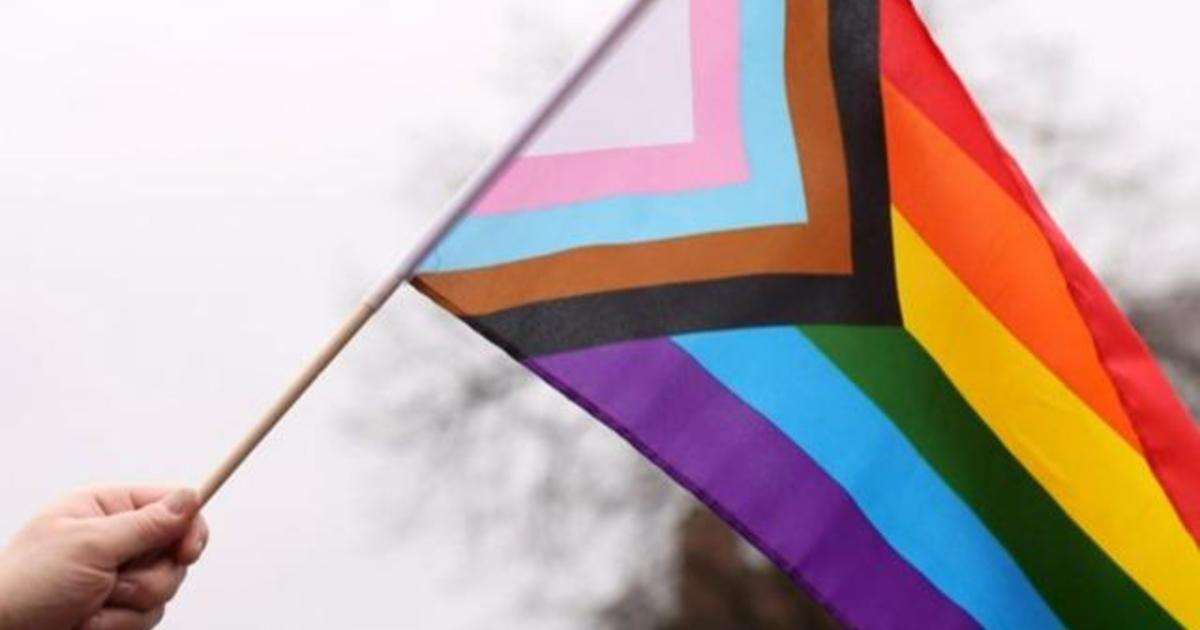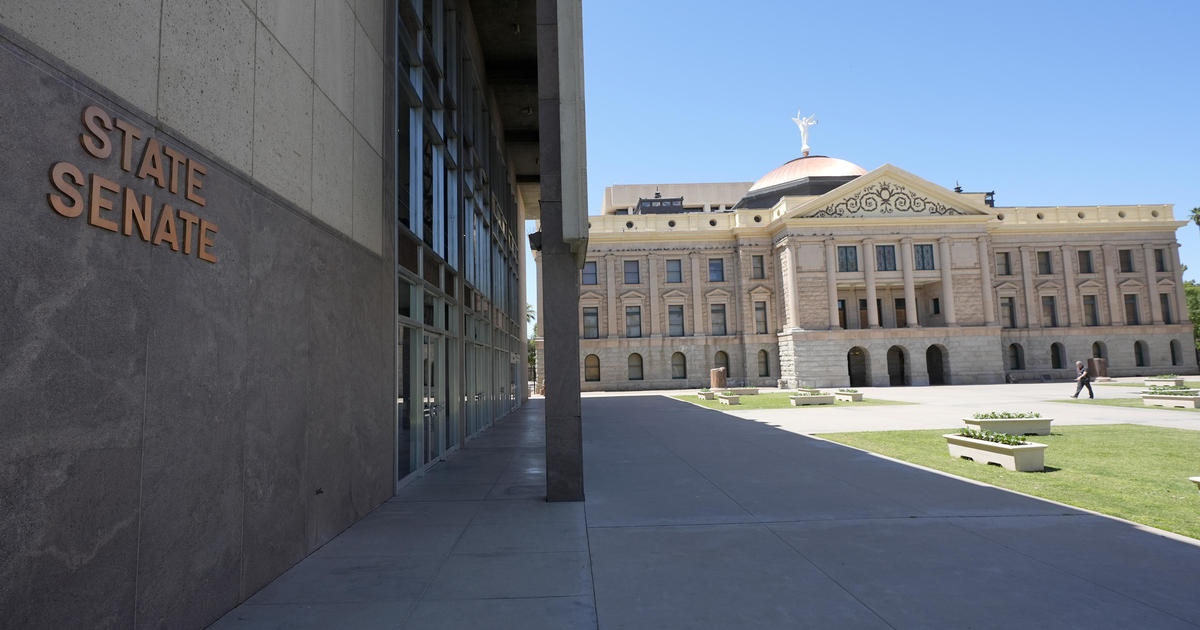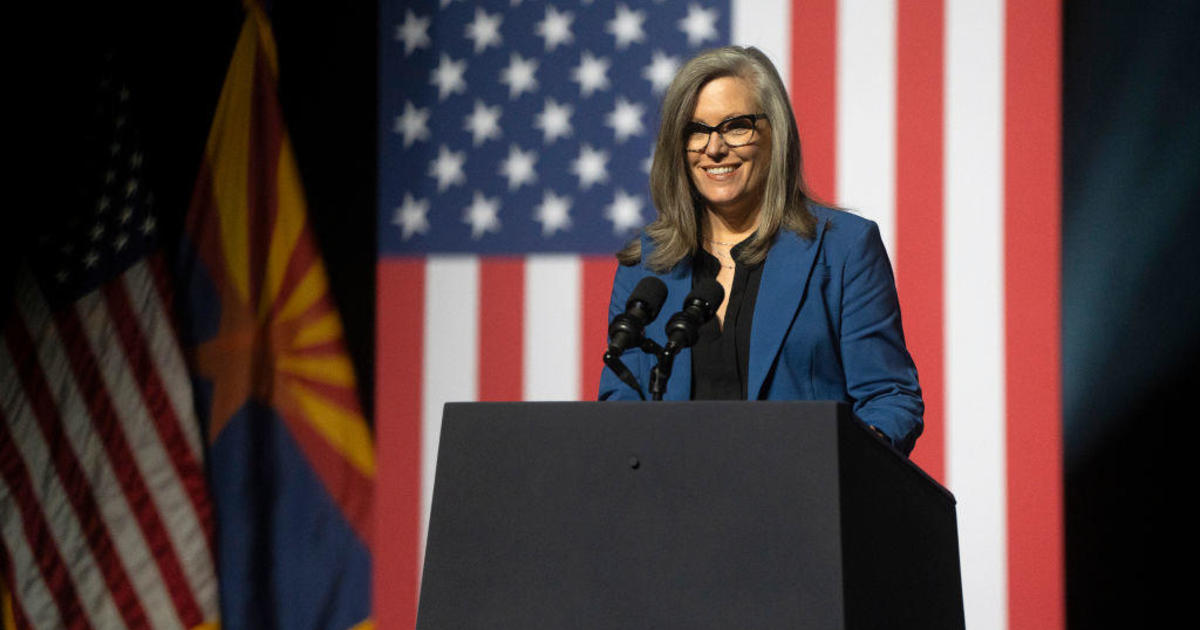One year after Roe v. Wade's reversal, warnings about abortion become reality
Washington — In the months leading up to the Supreme Court's 2022 decision overturning Roe v. Wade, abortion-rights supporters were sounding the alarm about the consequences of ending the constitutional right to abortion: clinics shuttering in states where abortion is outlawed, longer wait times at facilities in states where it remains legal, women unable to terminate pregnancies prematurely despite growing health risks, and a patchwork of state laws, with abortion effectively inaccessible in regions of the country.
And now one year after the Supreme Court issued its blockbuster decision on June 24, 2022, those warnings have become the reality, as the landscape surrounding abortion access shifted dramatically after the court rolled back nearly 50 years of precedent.
The Supreme Court's divided decision in the case Dobbs v. Jackson Women's Health Organization threw abortion policy back to the states, with the majority opinion authored by Justice Samuel Alito declaring that the court returned the authority to regulate abortion "to the people and their elected representative."
At least 25 states have either near-total abortion bans or new laws limiting access
Over the last 12 months, 13 states have enacted near-total bans on abortion, while at least a dozen more have approved new laws curtailing access. In one state, Wisconsin, abortion services are suspended due to uncertainty about the status of an abortion ban from 1849 that remained on the books after the Roe decision. Wisconsin's top officials are challenging the pre-Roe ban in court, arguing it should be unenforceable.
"What this year has made clear and the legislative session has made clear is that a state's abortion laws extend well beyond that state," said Kelly Baden, vice president for public policy at the Guttmacher Institute, a pro-abortion rights research organization. "States are legislating their own abortion laws, but they need to see they're impacting more people than just their own constituents."
Across the Midwest and the South, states like Illinois and Virginia have become islands of abortion access that are surrounded by others with more restrictive laws. As a result, their clinics have seen a spike in patients traveling from nearby states for services.
At Planned Parenthood of the St. Louis Region and Southwest Missouri, which operates a sprawling center in Fairview Heights, Illinois, wait times grew from two to three days to nearly three weeks after the Dobbs decision, and more than 85% of the center's abortion patients are from out of state.
The surge in demand came even as the facility increased its daily hours of operation to 10 hours, started seeing patients six days a week, and brought on more physicians and clinicians to provide services. Additionally, the clinic reported that the patients seeking abortions after 14 weeks of pregnancy rose by more than 30% since Roe's reversal.
"We knew there was going to be significant impacts and the network of providers, those who could provide care, was going to be so fragile," said Dr. Colleen McNicholas, chief medical officer at Planned Parenthood of the St. Louis Region and Southwest Missouri. "When you took isolated experiences of needing to help people from Missouri before Dobbs, Texas after [Senate bill] 8, and magnified that by half the country, it was pretty obvious that the infrastructure of abortion care was going to be stressed. We've seen that."
Senate bill 8 is a Texas law, in effect since September 2021, that bans abortions after embryonic cardiac activity is detected, typically at about six weeks, and tasks private citizens, rather than state officials, with enforcement.
Alongside Illinois, Florida, North Carolina, and Colorado experienced significant jumps in the total number of abortions performed during the nine months after the Dobbs decision, according to a new report from WeCount, a study sponsored by the Society of Family Planning that collects monthly abortion volume data by state.
In Florida, providers performed an estimated 5,410 abortions in April 2022, and the number surged to roughly 8,130 in March. In North Carolina, the estimated 3,250 abortions performed in April 2022 grew to 4,700 in March, straining resources.
But while the two states became destinations for women seeking abortion care in the Southeast, that could soon change, as lawmakers in the respective state legislatures approved new limits during their legislative sessions this year. In Florida, Gov. Ron Desantis signed a six-week ban on abortions into law in April, while North Carolina's General Assembly voted to override Democratic Gov. Roy Cooper's veto of a 12-week ban in May.
Abortion providers in North Carolina have filed a lawsuit in federal court seeking to block enforcement of the law, while the Florida Supreme Court is weighing a separate challenge to a 15-week abortion ban approved by the legislature last year, the outcome of which will determine the fate of the more stringent law.
If the bans in Florida and North Carolina survive those legal challenges, access will be cut off to a whole swath of the country, forcing women seeking abortion care to travel to Virginia, which allows abortions during the first and second trimesters, or further north.
In Alabama, Arkansas, Louisiana, Mississippi, Oklahoma, Tennessee, Texas and West Virginia, abortion is completely prohibited with few exceptions, and Georgia permits abortions up to six weeks. South Carolina's legislature also approved a six-week ban, but a state court judge temporarily halted enforcement pending review by the state supreme court.
"We were getting a picture of the regional implications immediately post-Dobbs, and to have some of those states add restrictions is going to make a bad situation worse," Baden, of the Guttmacher Institute, told CBS News.
In addition to the influx of women from states where abortion is restricted, McNicholas also said she has seen more cases of patients with planned pregnancies who seek abortion care — after suffering miscarriages or diagnoses of fatal fetal abnormalities — getting turned away from providers or hospitals in their home states with stringent abortion laws due to confusion over the legal landscape.
"It's always the right decision to take the best care of patients from a medical and ethical standpoint, but now the potential consequence is criminal," she told CBS News. "So the general practice of pregnancy care has changed so dramatically because folks just don't know how to reconcile their medical knowledge, appropriate care, ethical commitment to patients, with this evolving landscape that oftentimes is in conflict with how we know to practice medicine."
In Texas, more than a dozen women have signed onto a lawsuit filed by the Center for Reproductive Rights in state court in March that seeks to clarify the scope of the "medical emergency" exception under the state's abortion bans.
"Abortion bans are hindering or delaying necessary obstetrical care. And, contrary to their stated purpose of furthering life, the bans are exposing pregnant people to risks of death, injury, and illness, including loss of fertility — making it less likely that every family who wants to bring children into the world will be able to do so and survive the experience," the lawsuit states. "Medical professionals are now telling their patients that if they want to become pregnant, they should leave Texas."
"No silver bullet"
Though red states have moved aggressively through legislative action to restrict abortion, reproductive rights supporters have found success through two avenues in protecting access — at the ballot box through ballot measures, and in legal challenges raising claims under state constitutions.
In the six states where abortion was the subject of ballot initiatives in 2022, the pro-abortion rights position won out.
Abortion rights advocates are now looking to build on that success in 2023 and 2024 with efforts to put before voters directly possible initiatives to amend state constitutions to protect the right to abortion, and have eyed 10 states as possible battlegrounds for ballot measures focusing on reproductive rights.
"There's no silver bullet, no one strategy that is going to get us out of it, and we have to use every tool at our disposal — ballot measures, courts that are not stacked by Donald Trump — anything we can," Baden said. "But I don't think it's an easy solution."
State supreme courts
A backstop for protecting abortion rights, though, are state courts, and supreme courts in particular, as some have recognized the right to abortion under state constitutions, which often provide more robust protections for civil liberties.
In North Dakota, the supreme court in March said the state constitution guarantees North Dakotans "the right to enjoy and defend life and the right to pursue and obtain safety, which necessarily includes a pregnant woman has a fundamental right to obtain an abortion to preserve her life or her health." The North Dakota Supreme Court left untouched a lower court blocking enforcement of the state's trigger law barring abortion while court proceedings continue, though Gov. Doug Burgum has since signed a new, different law banning most abortions.
A 1999 ruling from the Montana Supreme Court recognized that the right of "procreative autonomy" is guaranteed under the state constitution's right of individual privacy, and several restrictions, including a ban on abortions after 20 weeks, have been blocked as a result of the so-called Armstrong decision.
In a ruling stemming from a challenge to a pair of abortion restrictions in Oklahoma, the state's high court in March said the Oklahoma Constitution protects a limited right to abortion when necessary to preserve the life of a pregnant woman.
"Nothing is 100% foolproof, but having the state's highest court recognize there is protection under the state constitution is really critical, and courts aren't supposed to be able to overturn precedent willy-nilly," said Autumn Katz, interim director of litigation at the Center for Reproductive Rights.
The center is currently challenging South Carolina's six-week ban on behalf of abortion providers, arguing it is unconstitutional under the state constitution.
"We really hope the states that have recognized the right to abortion can be models and building blocks for more states to recognize how critical it is to protect people's ability to access care for all purposes, not just when your life is threatened," Katz told CBS News.
Congress
Amid the state-focused efforts, abortion-rights advocates have pointed to Congress as playing a critical role for protecting abortion access nationwide.
A plan to enshrine the right to abortion into federal law, the Women's Health Protection Act, was re-introduced in both chambers after the proposal failed to garner the votes needed to advance in the Senate last year.
Additionally, a group of Senate Democrats on Wednesday brought four bills to the Senate floor that aim to protect women's reproductive rights, though Republicans blocked the measures.
"Our goal is to make sure Roe becomes the law of the land and allow every woman to make the decisions about their own health care, not legislatures, not courts," Sen. Patty Murray, a Washington Democrat who led the effort on the Senate floor, told CBS News.
The senator, who leads the Democratic Caucus on reproductive rights, noted that recent proposals moving through state legislatures have prompted the need for federal legislative action to ensure women can travel out-of-state for abortion care, physicians and providers who provide abortions are shielded from liability for providing services to patients from other states, and the right to contraception is protected.
"This is chaos," Murray said of the current landscape created by the Dobbs decision. "We have a country now that is aware more and more every single day of the impacts and fallout of Roe's reversal and are waking up and fighting back."



